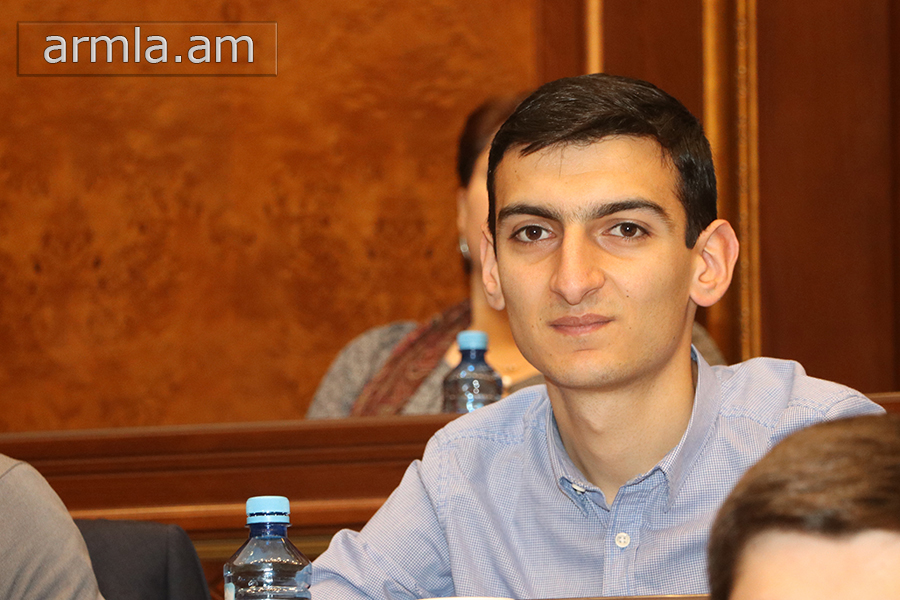
The study of best international practice shows that the choice of a single model of anti-corruption agency instead of two or more anti-corruption bodies, raises the effectiveness of the anti-corruption body, saves the financial resources allocated by the state, and excludes the practice of implementing the same function by different bodies. It works more efficiently, given that resources are in one place, making it easier to implement all the functions that are interconnected.
According Mr. Narek Yenokyan, expert-lawyer of the CSO Anti-Corruption Coalition of Armenia, the risk of departmental interests is neutralized; situations of conflict of interest and interdepartmental unhealthy competition are reduced. As a result, we have a body that, in its functional sense, is endowed with the most important tools to combat corruption, such as anti-corruption education, prevention and law enforcement, but also fully assumes responsibility for the results of the fight against corruption. It is also worth mentioning that in international practice it is accepted that the universal body itself is develops the program of its activities and undertakes the implementation of that program.
– What kind of legal status the universal body to be created in the future should have in your opinion?
– In my deepest conviction, the body to be created in the future must have the status of the constitutional body; the corresponding changes must be made in the RA Constitution to ensure the independence and political neutrality of the body. Political changes in the country should not have any impact on the activities of the body. In the past, we have witnessed situations where political change had a direct impact on the activities of the law enforcement agencies. I think that such developments in the democratic state are unacceptable. I believe that having a neutral anti-corruption body in Armenia is today’s imperative.
– What are the advantages of centralized anti-corruption institutional system?
– First and foremost, we must state that, the independent universal body is endowed with exceptional guarantees of independence; which are issued from the 2012 Jakarta Principles for Anti-Corruption Agencies.The universal body is accountable for its activities before state bodies and the public. Legislation guarantees that the universal body has the authority over human resources and good governance.
The constitution also guarantees the immunity of the heads and employees of the universal body.
– Is the practice of having a universal anti-corruption body widespread in foreign countries?
– I would like to note that the practice of creating universal bodies has been widely spread in a number of countries: Lithuania, Latvia, Poland, Bosnia and Herzegovina, Botswana, Hong Kong, Singapore, Bhutan, South Korea and other countries. In addition to the above-mentioned, it should be emphasized that the establishment of a specialized anti-corruption court and a specialized subdivision in the prosecutors which deals with corruption crimes is important in terms of carrying out effective anti-corruption struggle. It is noteworthy that the universal body is the key to success achieved in the fight against corruption in countries with unitary systems, such as Botswana, Bhutan, Poland, Latvia, Hong Kong and Singapore.
– Are there any concerns that a body with broad legislative authority can become a “super body” and it will be impossible to exercise control over such body?
– It seems that all statements indicating that the body can turn into a “super body” and it will be impossible to control that body are of manipulative nature. In the case of the universal body, we also deal with the system of restraints and counterbalances to ensure democratic governance. As an independent constitutional body it will be accountable to the National Assembly, which oversees the activities of the body. It is also accountable to the Parliament through quarterly, semi-annual or annual reports, as well as through answering questions of the MPs. The universal body is subject to prosecutorial supervision, which is expressed through the prosecutorial supervision over the legitimacy of the investigation activities conducted by the body. The universal body is also under public control as well. In particular, a Council of Specialized Civil Society Organizations is established on the basis of law, which oversees the activities of the universal body. A study of international experience suggests that there is no country where the universal body has become a “super body” and has been left out of the system of restraints and counterbalances.
On the other hand, it is more likely that an independent anti-corruption law enforcement body, that some currently offer to establish on the basis of SIS, which will have operative intelligence, investigation and prosecutorial control authorities, without provision of institutional control mechanisms, will become a super-anti-corruption body.
